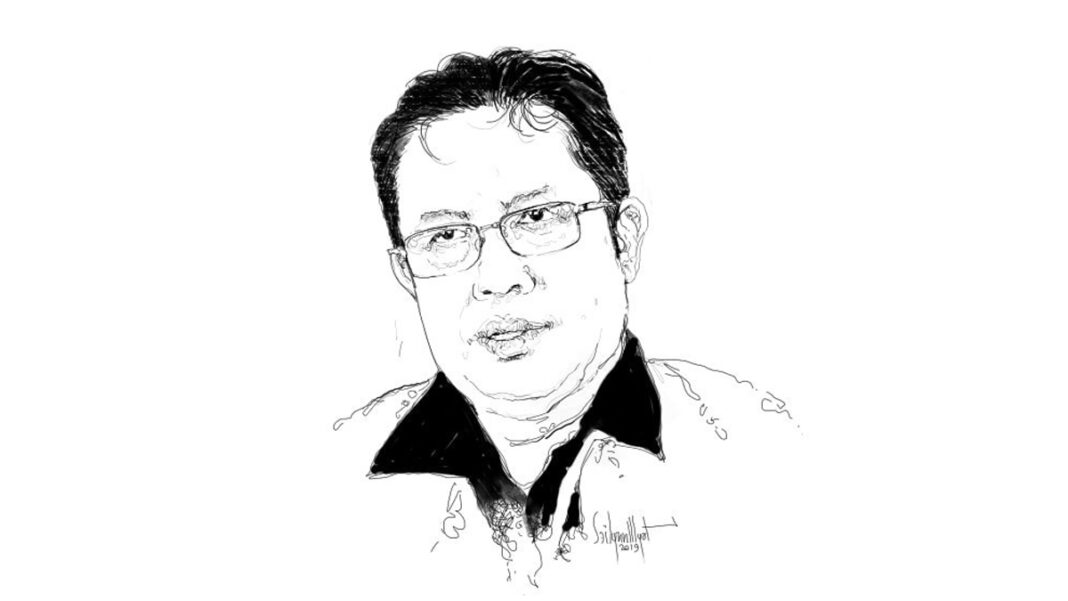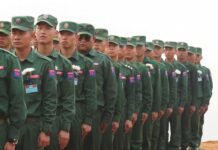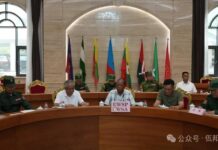It indicates that Myanmar’s ongoing crisis is not feasible to solve by external factors, as the persistence of unresolved issues and the emergence of new challenges cause an endless cycle.
In contrast to the pressure being put forth by Western nations towards Myanmar’s military government, China opposed that approach at the United Nations Security Council Meeting which was held last week. This was the first time the Security Council had deliberated on matters on Myanmar since the coup d’état in 2021.
China emphasized the imperative for all relevant parties to cooperate in accordance with the constitution, stressing that achieving peace and stability in Myanmar is conditional upon coordinated and collective efforts. The position taken by China emphasizes the critical nature of upholding constitutional principles in order to safeguard the nation’s peace and prosperity.
Recently, China has stepped up its intentions to mediate the crisis in Myanmar, initiating discussions with the military junta and the Arakan Army (AA) in Rakhine State in an attempt to promptly cease hostilities. Nevertheless, the AA might be motivated to intensify their offensive endeavors before the implementation of a ceasefire accord with the State Administration Council (SAC) because of China’s reaction to the situation in Rakhine.
If we look at the previous events in the northern Shan State that involved the Ta’ang National Liberation Army (TNLA) and the Myanmar National Democratic Alliance Army (MNDAA), it becomes evident that the military junta and ethnic armed groups reached a ceasefire agreement and a cessation of hostilities because of China’s pressure.
Thus, it is likely that the ceasefire agreement in Rakhine State will follow suit in northern Shan State, extending to groups like the Kachin Independence Army (KIA) due to their proximity to China. So, it is inevitable for the KIA to get rid of China’s influence.
Therefore, China’s influence on both Myanmar’s military and the EAOs is evident, although it has refrained from formally mediating and opposes intervention by the US and Western nations. Instead, China advocates for ASEAN’s involvement in addressing the crisis, albeit with limited success, primarily focusing on humanitarian aid provision. For example, the Thailand-based Red Cross organization could reach within Thai-Myanmar border areas only. They could not reach the areas where they most needed.
Although China has a significant role in addressing Myanmar’s crisis in order to achieve lasting peace and prosperity ultimately hinges on the actions of Myanmar’s stakeholders.

















Leave a Comments